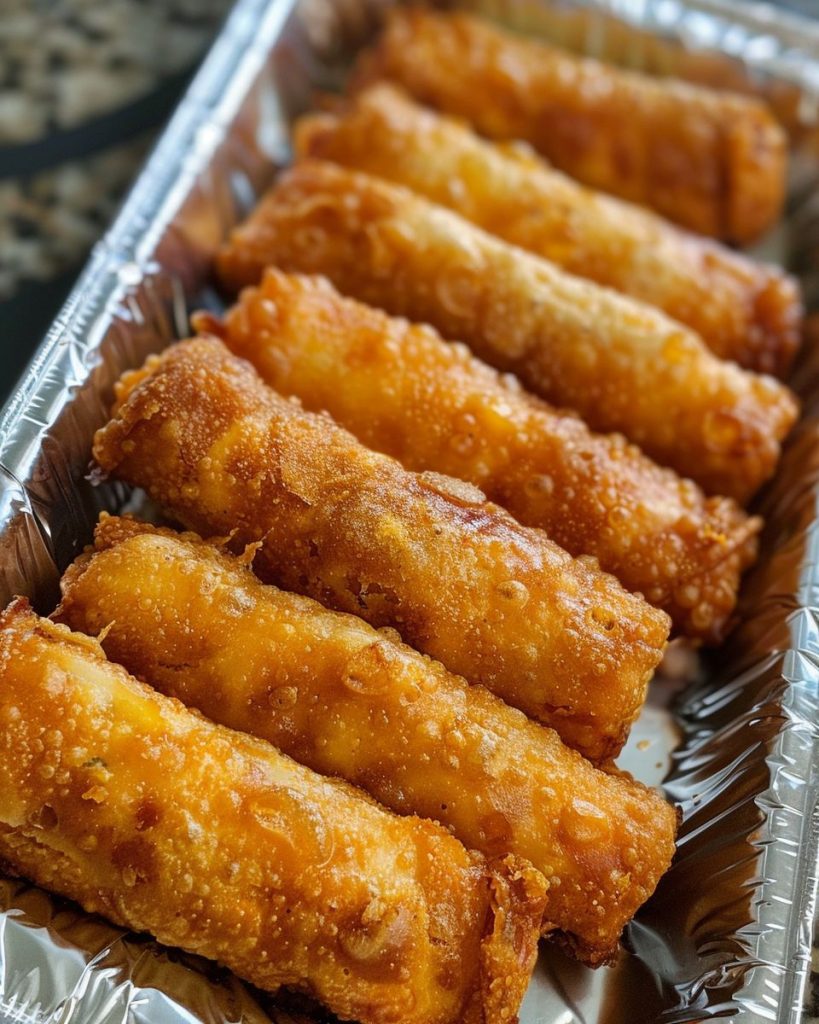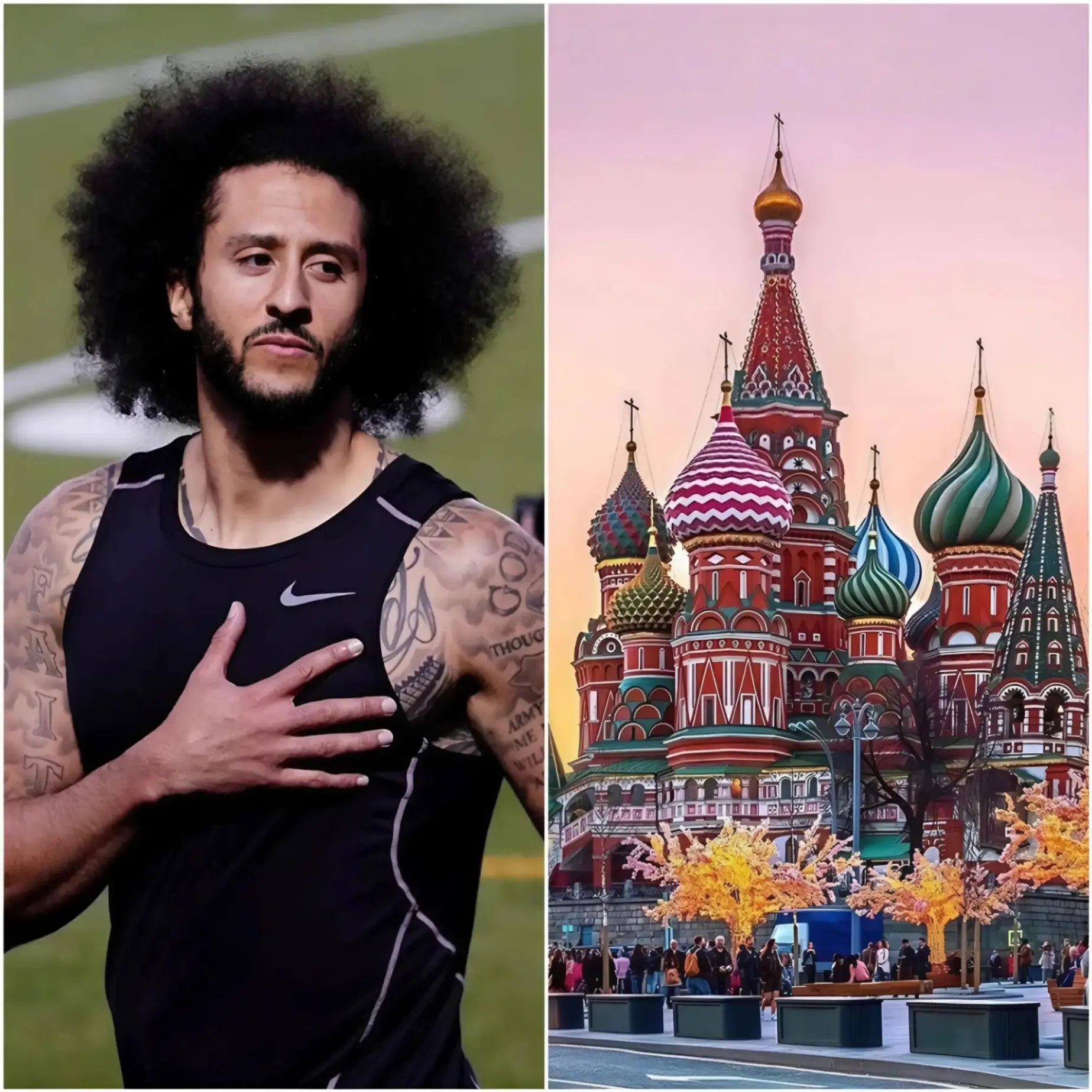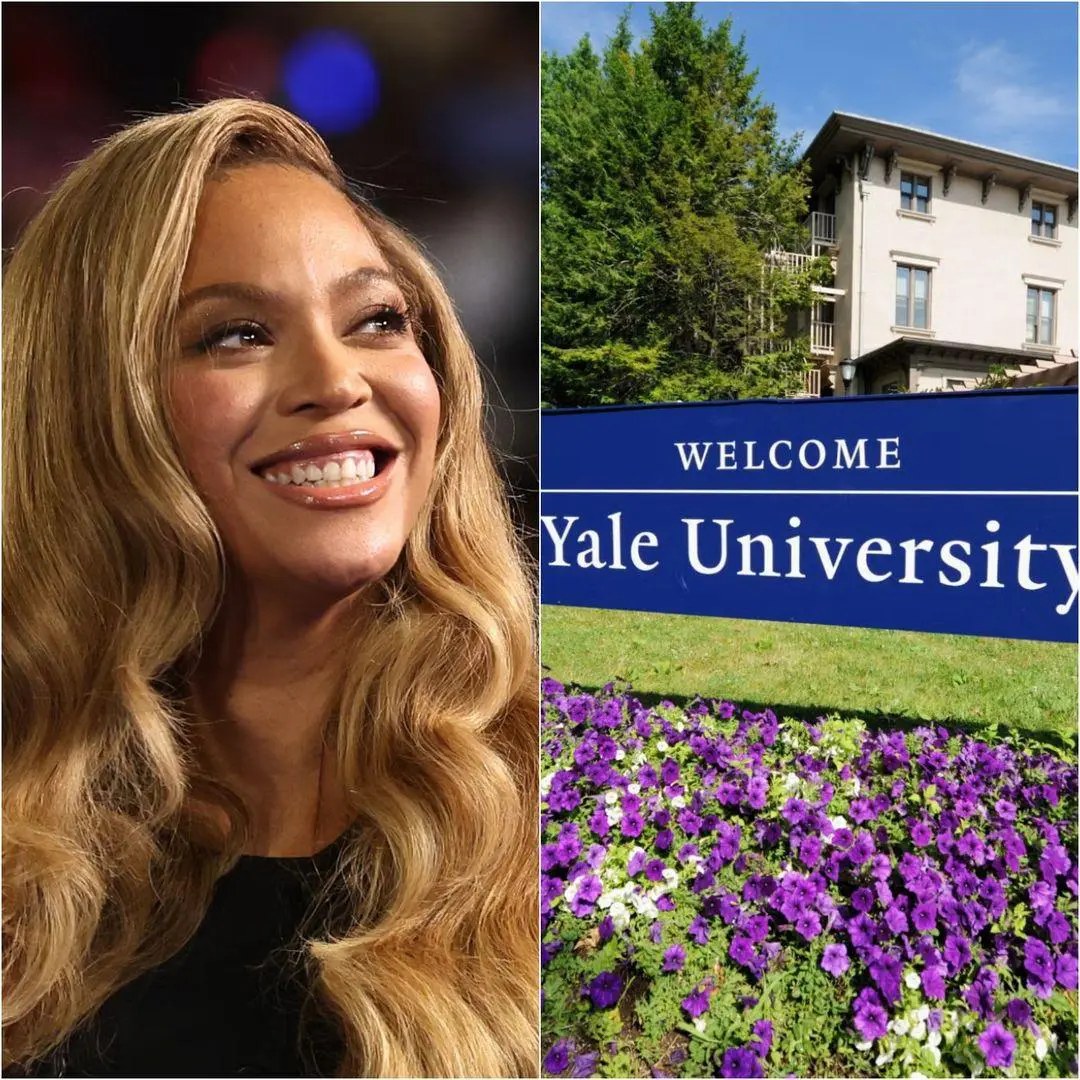At the heart of this controversy is the term ‘woke’ itself, a word that has evolved from a call to awareness about social and racial justice issues to a catch-all label used to critique a perceived overreach of political correctness and activism. The Academy’s use of the term in its ban of Swift brings into sharp relief the polarized ways in which ‘wokeness’ is perceived and the impact it has on public and private institutions.
This ban raises critical questions about the future of artistic expression and the role of artists in society. Can and should artists be neutral, or do they have a responsibility to use their platforms for advocacy? Moreover, what role do institutions like the Academy of Music play in shaping the cultural landscape, and where should the line be drawn between preserving tradition and embracing evolution?
The ban of Taylor Swift from the Academy of Music for her embrace of ‘woke’ culture is more than just a headline; it’s a reflection of the broader cultural and political divides that permeate our society. As the debate rages on, the implications of this decision will likely resonate far beyond the music industry, challenging us to consider the values we champion, the art we celebrate, and the kind of world we wish to create through both.
It doesn’t get easier than this! Super easy to make and always a hit!
Fusion Delight: Crab Cake Egg Roll Recipe
Strawberry crunch pound cake
Soft Pretzel Easy Lunchbox Idea
My Dad Who Left 20 Years Ago Called from His Deathbed for a Final Wish — What He Asked Broke My Heart
Breaking: Kid Rock’s Tribute to Toby Keith Sets New Record, Drawing More Fans Than Taylor Swift’s Biggest Show
Delicious mango banana bread recipe
How to grow roses from a single stem?
Ham & Cheese Rolls Ups


















